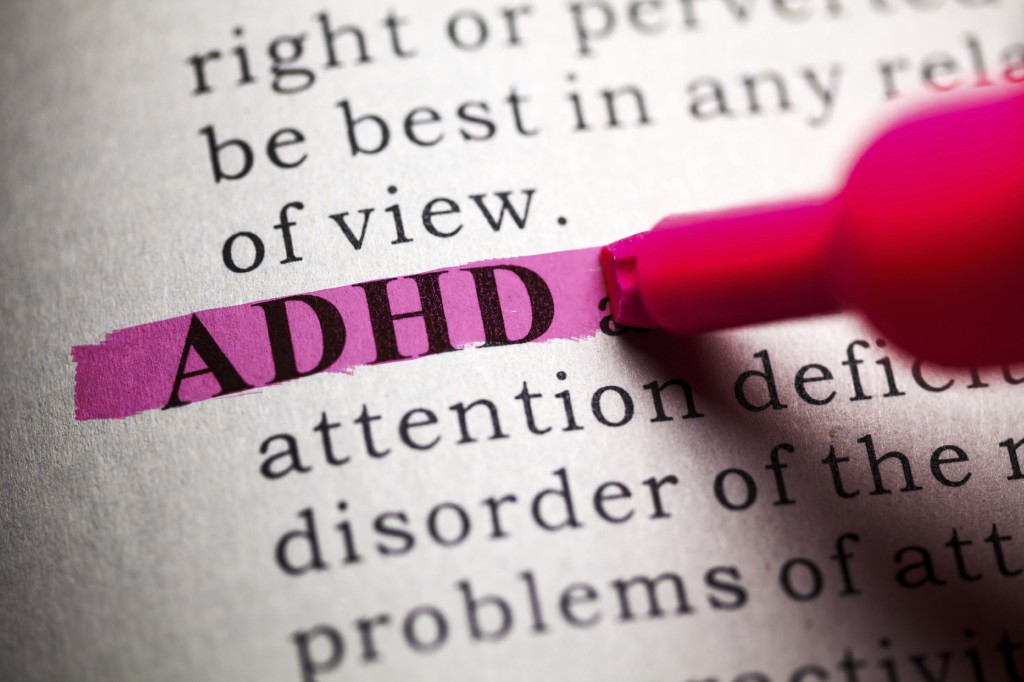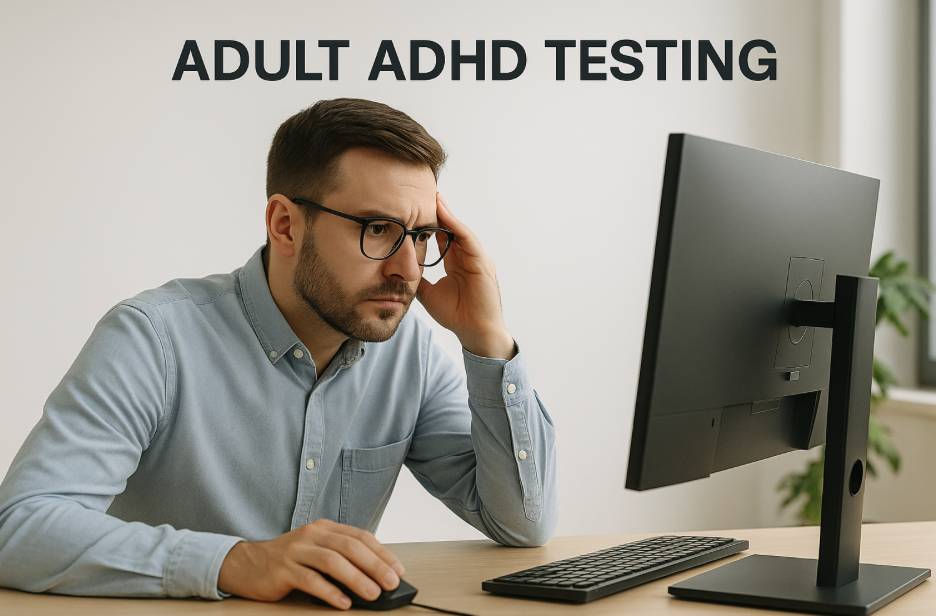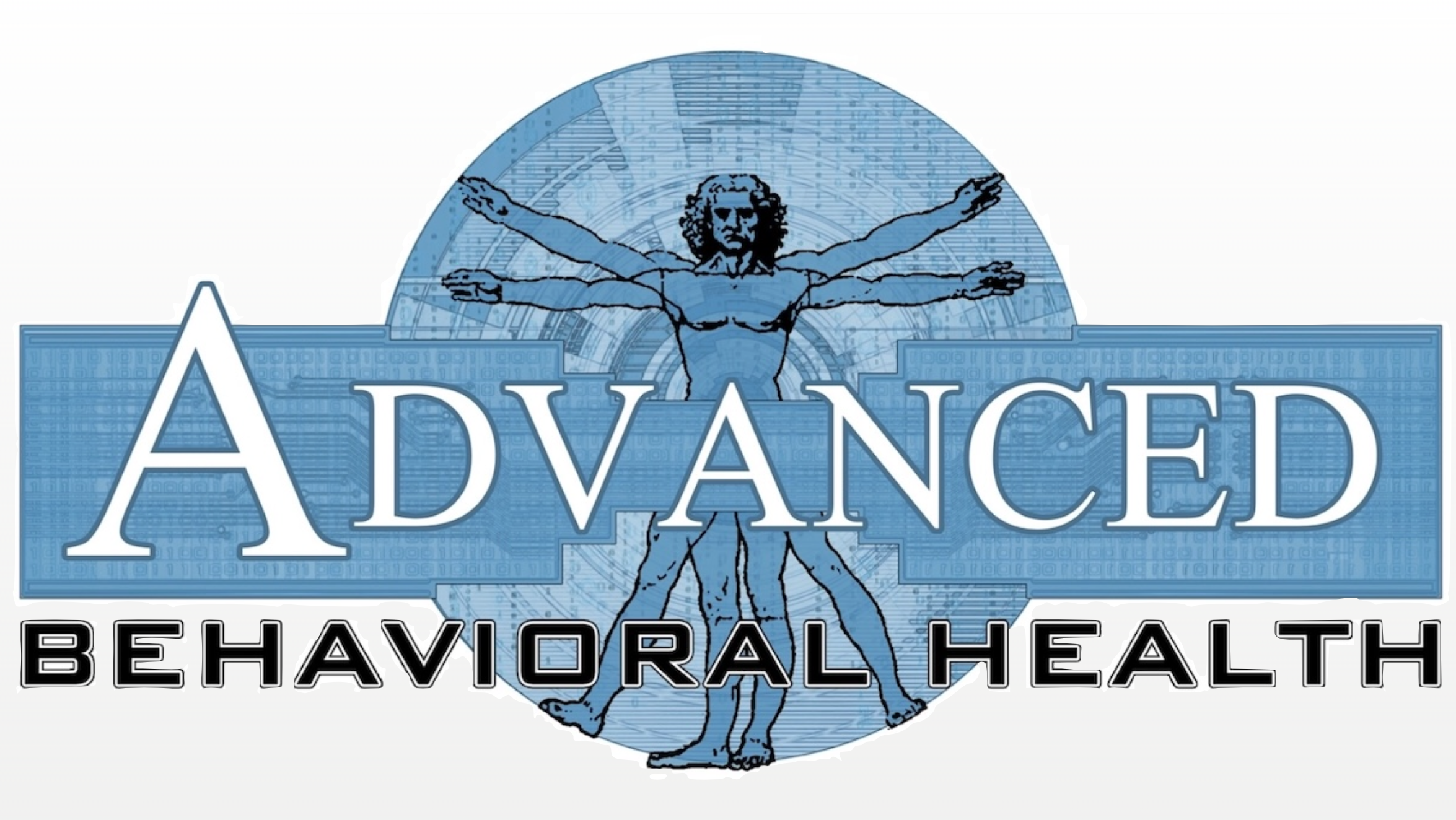Advanced Behavioral Health offers comprehensive Adult ADHD Evaluations in Huntsville, Alabama.
Contact Advanced Behavioral Health for more information at 256-945-7959
ADHD
Signs of ADHD in Adults
Signs of ADHD in Adults: How to Recognize the Symptoms
ADHD in adults often looks different from the condition we associate with children. While many people imagine hyperactive kids who can’t sit still, attention-deficit/hyperactivity disorder can continue into adulthood, often with more subtle but equally challenging symptoms.
If you’ve struggled with focus, organization, or time management for most of your life, understanding the signs of ADHD in adults could be the first step toward finding effective treatment.
What Is ADHD in Adults?
ADHD in adults is a neurodevelopmental condition that affects attention, impulse control, and activity levels. While symptoms begin in childhood, they can persist into adulthood—sometimes unnoticed until life responsibilities increase.
Common Signs of ADHD in Adults
1. Inattention
Inattention is one of the hallmark symptoms of ADHD in adults. You might experience:
Difficulty focusing on tasks or conversations
Forgetting deadlines, appointments, or details
Trouble organizing your workspace or schedule
Being easily distracted, even during important activities
Frequently starting projects but leaving them unfinished
These issues can lead to missed opportunities and ongoing stress.
2. Hyperactivity
In adults, hyperactivity often appears as restlessness rather than constant movement. Signs include:
Feeling “on edge” or unable to relax
Talking excessively or interrupting others
Struggling to enjoy quiet or sedentary activities
Always feeling the need to be busy or active
This mental and physical restlessness can be draining over time.
3. Impulsivity
Impulsivity in ADHD can affect decision-making and relationships. Common examples are:
Making quick decisions without considering consequences
Difficulty waiting your turn in conversations or lines
Emotional outbursts or overreactions
Interrupting others or blurting out thoughts
These patterns can cause misunderstandings and conflict.
Overlooked Symptoms of ADHD in Adults
Some signs of ADHD aren’t as obvious but can still disrupt daily life:
Chronic procrastination
Poor time management and frequent lateness
Difficulty prioritizing tasks
Low frustration tolerance or emotional sensitivity
Sleep problems
Persistent feelings of underachievement
These “hidden” symptoms can contribute to anxiety, depression, or low self-esteem.
How ADHD in Adults Differs from Childhood ADHD
While children may display more overt hyperactivity, adults often internalize it as mental restlessness. Inattention and executive functioning challenges—like planning, organization, and time management—tend to become more noticeable in adult life.
When to Seek a Professional ADHD Diagnosis
If you identify with several of these symptoms and they consistently interfere with work, relationships, or daily life, consider seeking an ADHD evaluation from a qualified mental health professional. A diagnosis can open the door to treatment options like therapy, medication, and ADHD coaching.
Treatment and Management
The good news is that ADHD in adults is manageable. Strategies include:
Medication to improve focus and reduce impulsivity
Cognitive-behavioral therapy (CBT) for coping skills
Time management and organizational tools
Lifestyle changes like exercise, sleep optimization, and mindfulness
With the right plan, adults with ADHD can turn their natural creativity, energy, and problem-solving abilities into major strengths.
Key Takeaway
Recognizing the signs of ADHD in adults is the first step toward better focus, improved relationships, and a more balanced life. If these symptoms feel familiar, an evaluation could be life-changing.
Anxiety, OCD, and mood disorders are frequently misdiagnosed as ADHD. Behaviors due to boredom such as fidgeting, talking out of turn, running around, and acting out are also frequently mistaken for ADHD.
It’s important to remember that people will struggle with focus, attention, and poor behavior from time to time. This does not automatically qualify for a diagnosis of ADHD. However, if these issues are persistent, acute, and accompanied by poor decision making, lack of impulse control, poor judgement, and other problems with executive functioning, a thorough evaluation from a qualified professional is strongly recommended.

The Importance of Comprehensive ADHD Evaluations Using the WAIS, TOVA, and Brown Executive Function/Attention Scale
ADHD is a multifaceted condition that affects attention, focus, executive functioning, and self-regulation. Because its symptoms often overlap with anxiety, depression, learning disorders, and other challenges, accurate diagnosis requires more than a short questionnaire—it requires a comprehensive, multi-method evaluation.
At Advanced Behavioral Health, we combine three gold-standard tools to provide a clear and accurate picture of each patient’s strengths and challenges: the Wechsler Adult Intelligence Scale (WAIS), the Test of Variables of Attention (TOVA), and the Brown Executive Function/Attention Scale.
WAIS-V – Measuring Cognitive Abilities
The WAIS is the most advanced psychometric measure of adult cognitive ability, based on recent research in the area of cognitive neuroscience. It assesses working memory, processing speed, verbal comprehension, and problem-solving skills. ADHD often presents with distinctive cognitive patterns, which the WAIS can help identify—distinguishing ADHD from other cognitive or emotional concerns.
TOVA – Objective Attention Testing
The TOVA is an FDA approved, computerized, language-free measure of attention and impulsivity. It evaluates sustained focus, response speed, and accuracy over time, offering objective data that can confirm or clarify ADHD-related attentional deficits.
Brown Executive Function/Attention Scale – Real-World Impact
While the WAIS and TOVA measure abilities in controlled testing environments, the Brown Scale gathers self-reported and observer-reported information about how executive function and attention challenges affect daily life. This helps link test results to real-world functioning, guiding more targeted interventions.
Why All Three Matter
By combining objective testing (WAIS and TOVA) with functional, real-life insight (Brown Scale), along with other measures, we ensure a complete and accurate diagnosis. This integrative approach allows us to design individualized treatment plans—whether medication, therapy, coaching, or skills training—that address each client's unique needs.
Bottom Line:
At Advanced Behavioral Health, we believe that the best ADHD care starts with the best information. Using the WAIS, TOVA, and Brown Executive Function/Attention Scale together provides the most accurate foundation for diagnosis and treatment—helping our patients thrive at work, school, and in life.
If you are interested in an Adult ADHD Evaluation, call Advanced Behavioral Health today. We would be happy to answer any questions you may have. Due to the large volume of evaluations provided by Advanced Behavioral Health and David R. Stephens, a non-refundable deposit is required to reserve your testing appointment.
Advanced Behavioral Health (256) 945-7959

